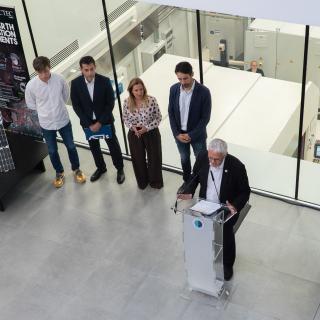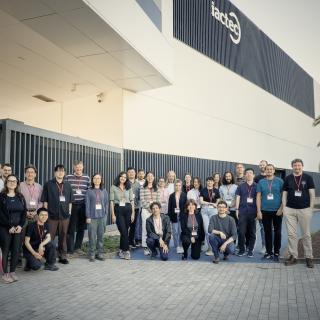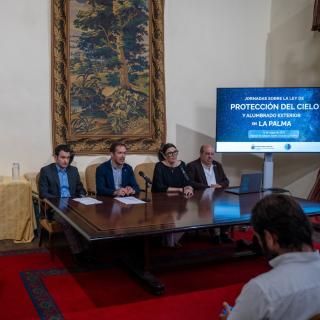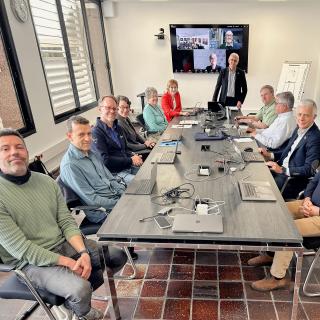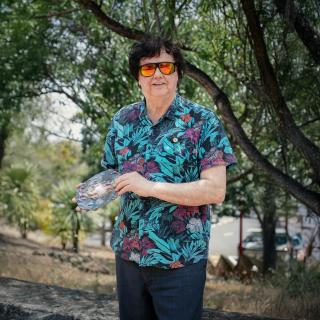
Next Friday, May 23, at 17:30, the Museum of Science and the Cosmos of Tenerife will host the popular science lecture "The James Webb Telescope: Highlights and Life Beyond Earth," delivered by the renowned British astronomer Martin Ward, Emeritus Temple Chevallier Professor of Astronomy at the University of Durham (UK) and Fellow of the Royal Astronomical Society . This event, organised as part of the European ExGal-Twin Project , will offer the public a unique opportunity to learn about the most significant advances made by the James Webb Space Telescope, the largest and most powerful
Advertised on
